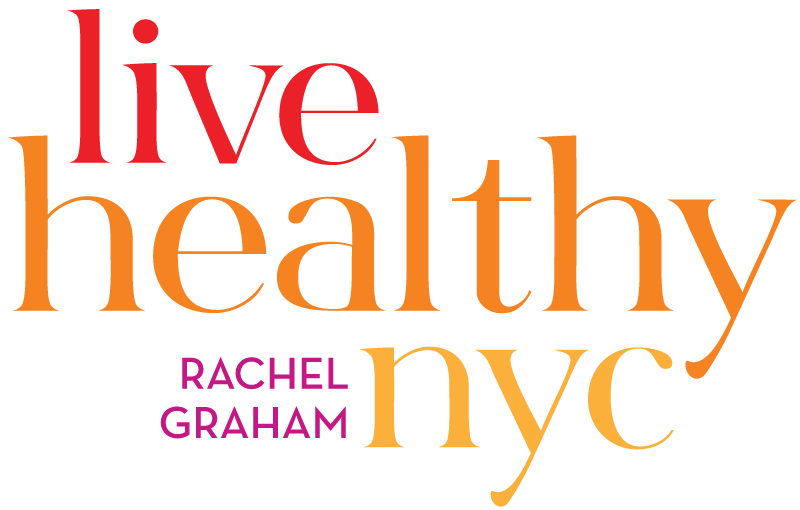I am amazed at how many people are saying they don’t eat gluten. Is this a new fad? They are quickly giving up bread, pasta, and cake. I am not gluten-free. I eat in moderation. It would be hard for me to pass on home baked hearty wheat bread or go to Italy and dismiss the fresh rolled pasta or avoid the gooey brownie that I baked last week. Unless you have celiac disease or a gluten sensitivity it is not necessary to give it up entirely. Going gluten-free can be a bit overwhelming at first. If you've been eating a certain way all your life, it can be quite a process to learn what foods are now unsafe for you and to change your eating habits. So let’s clear this up and simplify what is gluten free and what isn’t (and to make it easy when you shop, the supermarket shelves are lined with gluten free products). Gluten is a protein found in wheat, barley, and rye.
Gluten-Free:
Buckwheat- buckwheat as a grain in itself does not contain gluten. It is actually a seed, or what some people call a "pseudograin," meaning it can be used in cooking in a similar way to a grain. However, because buckwheat by itself has a bit of a bitter flavor, many products tend to mix buckwheat with other grains. So, be careful that the pancake that you like as it may be a blend of buckwheat and regular wheat. Always read the label.
Oats- Oats are gluten-free. However, oats are often grown and harvested alongside barley and wheat, which presents a high risk of cross-contamination. Many people with gluten sensitivity can tolerate oats, but if you've got celiac or are highly sensitive, be sure to look for the gluten-free label on the package when you buy oats.
Wheatgrass- Have you ever had a “shot” of wheatgrass from the health food store? This is not my favorite but it has many nutritional benefits and so every once in awhile I go for it! Purely grown wheatgrass does not contain gluten. Again, like oats, there is the potential for cross-contamination with the wheat kernel if the farmer isn't careful about harvesting before the seed has formed, so if you've got celiac or are highly sensitive, I would advise avoiding wheatgrass.
Not Gluten-Free:
Couscous- Couscous looks like fat rice and is often used in a similar way. Couscous is just semolina wheat rolled into tiny little balls. Basically, it's little pasta balls.
Orzo- Similar to couscous, orzo is another form of pasta that looks a bit like rice. Also made from semolina wheat, it's not gluten-free.
The below wheat varieties, ancient grains, may be tolerated by people with non-celiac gluten sensitivity:
Farro- This is my absolute favorite and it is definately not gluten-free. Farro is an ancient grain popular in Italy and it comprised of three wheat species. It's used in similar ways as rice, couscous, and orzo, often in salads and side dishes.
Wheat berries- Wheat berries are essentially the entire wheat kernel and are what whole wheat flour is made from. They are often cooked and used in salads and side dishes in the same way rice is used.
Spelt- Spelt is another ancient grain that's a species of wheat. Bread made from spelt flour is often sold in health food stores as an alternative to regular bread, but make no mistake, this grain is not gluten-free.
Kamut- You may know this as “Pharoah wheat” due to the fact that the grains were discovered in ancient Egyptian tombs. It is not gluten-free.
I recently learned that soy sauce (almost all soy sauce sold in the United States) contains wheat, which is used in the fermentation process. If you eat out at Asian restaurants, be careful of any food that comes in a brownish sauce – chances are that it contains soy sauce, or another sauce that is made with soy sauce like ponzu, oyster sauce, or fish sauce. Look for gluten-free soy sauce when shopping.
So, there you have it when it comes to learning what is gluten-free and what isn’t. It is alot to remember but gets easier the more you practice eating a gluten-free diet.
If you are not sure if you are sensitive to gluten, try keeping a food journal to help you track what you eat and how you feel. Do you eat gluten-free or not? I would love to hear your thoughts and experiences.

